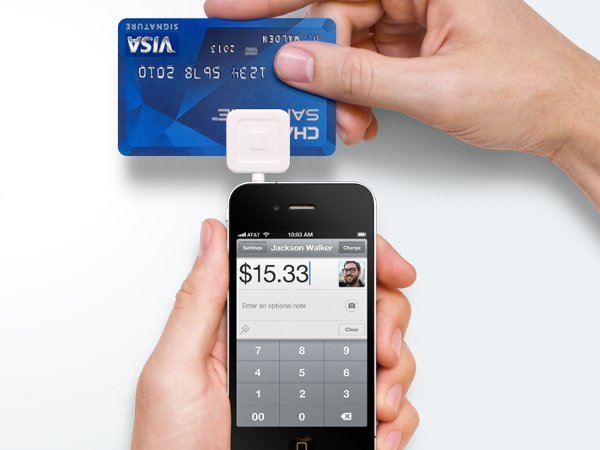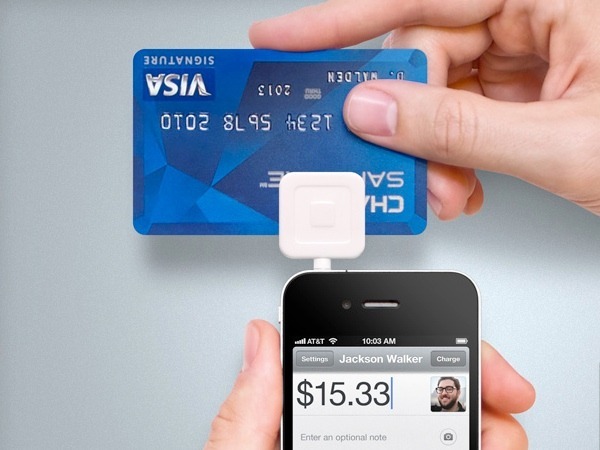
Square is looking to further disrupt the point-of-sale system for even more retail and restaurants around the globe with the launch of its updated iPad app: Register.
The San Francisco company founded by Twitter’s Jack Dorsey first tackled the credit card machine by creating a an iPhone accessory to mobilize, digitalize, and simplify what is needed to complete a credit transaction and now it is expanding its reach by re-thinking the whole POS for businesses.
The new Square Register was unveiled on Sunday evening to extend the credit features to now accept cash payments, lets merchants create list menu items, and tracks the history of customers’ purchases.
Currently, nearly 75% of U.S. merchants are in the market for tablets and tablet apps to incorporate into their business and more than half of retailers are gearing up to use a mobile POS device within a year to 18 months, compared with a slim 6% now.
The status quo POS systems are often cumbersome in size and pricing — many cost in the thousands per year to install and maintain, while Square has the attractive price tag of $0 and just charges a percentage fee based on the number of transactions logged into the system.
Square, which makes its money by collecting transaction fees, has helped merchants process sales for $4 billion worth of goods — double what it announced late last year. More than 1 million people are able to accept credit cards with Square. Their average purchase is $75.
The original Square card reader, a small white plastic device for accepting payments, has more than 1 million users nationwide and works on Apple and Android devices.
Square has no plans at this time to launch a version of Square Register for Android tablets.
Founded at the tail-end of 2009, Square has veiled exceptional growth year-over-year in the volume of sales transactions. By the close of 2011, the tech startup boasted that it was clocking in $2 billion in sales and now the company says it is processing $4 billion in payments per year.
This growth comes after a busy year of growth for the young company. In 2011, Square clocked in 1 million merchants using the mobile payments platform (which equates to one in eight merchants that accept credit cards in the US). In the fall, Square also announced that it was registering $11 million in payments per day (up from $4 million a day in July) and nabbed Sir Richard Branson, Kleiner Perkins, Visa, and other investors that handed over $100 million. Square also inked retail deals with Apple, Wal-mart, Best Buy, Radio Shack, and Target.
This year, Square also added OfficeMax and select UPS Store locations to its list of big business gets and now is eyeing more companies with those traditional POS systems.
More personalization and functionality that comes with the iPad app and completely new UI include better integration with Card Case so that merchants can publish their business’ profile to the Card Case. This will allow customers to find retailers in the Square Card Case directory. The app will also notify merchants when regular customers or new customers arrive at their store using Card Case.
The app also offers functionality so that merchants can customize permissions for employees on the register, giving merchants control and access to specific features, settings, or sensitive information in their sales reports — all based on levels of security access. The app also interfaces with registers so that merchants can wirelessly print receipts or open a cash drawer to make change.
So just as Square has been chipping away at what the credit card system can be for merchants, it also looks to shake-up the (mostly unchanged) POS system so that smaller merchants and vendors can gain the analytics and convenience without all the upfront and maintenance costs that can dampen any carry-over revenue for small businesses.
Square Register from Square on Vimeo.





















